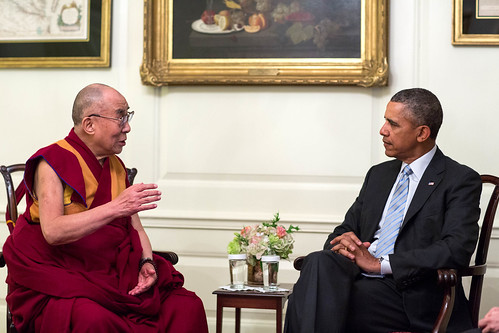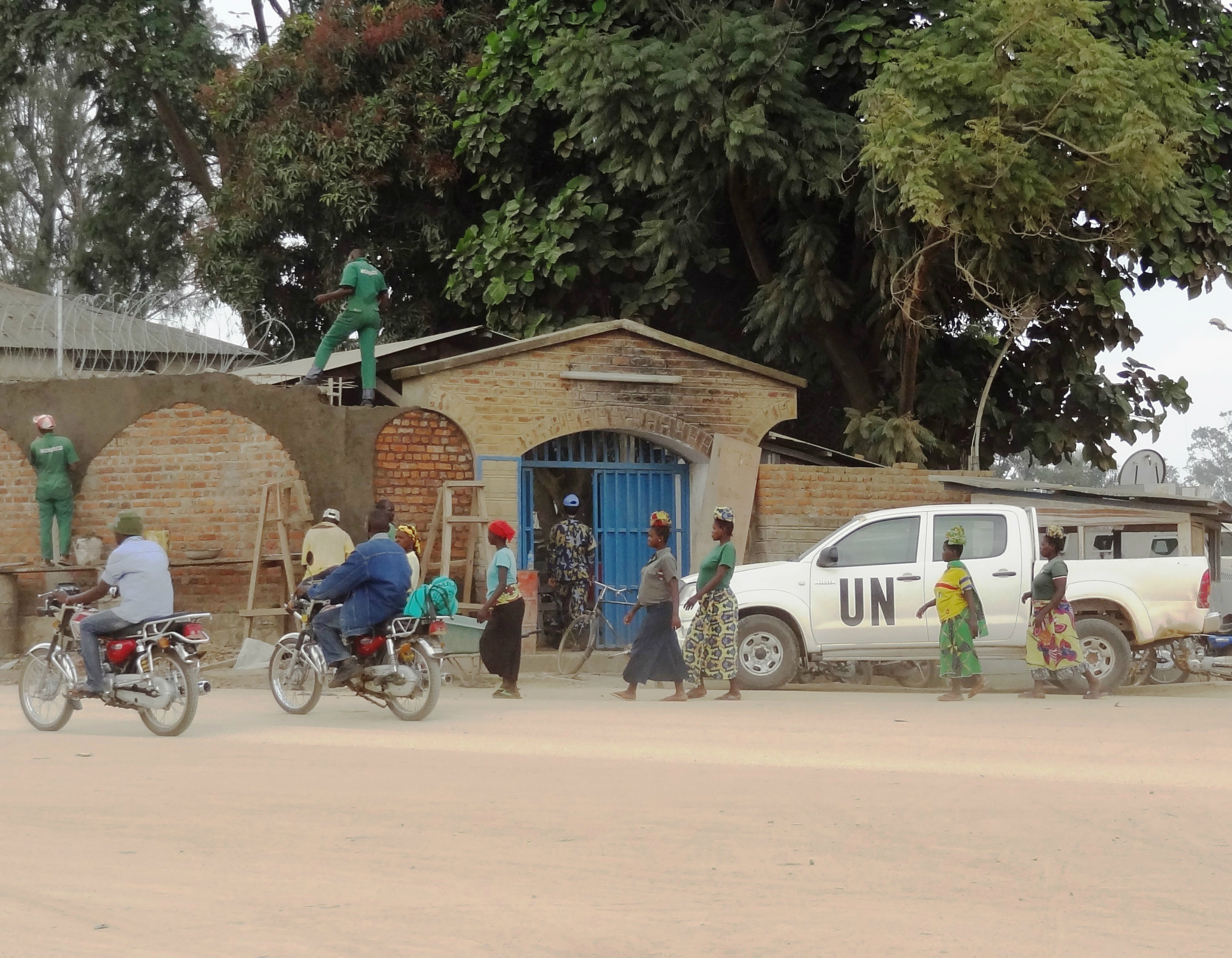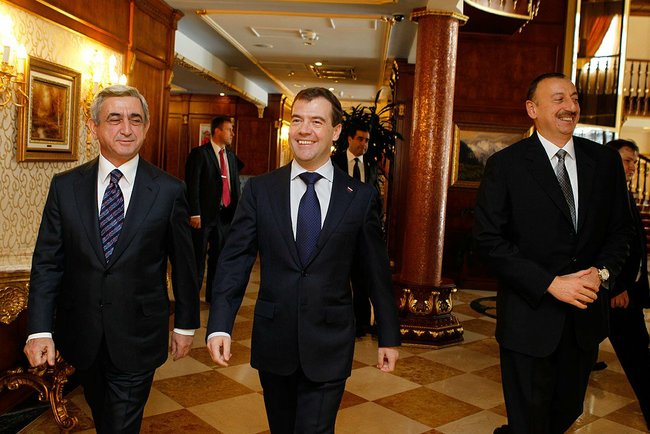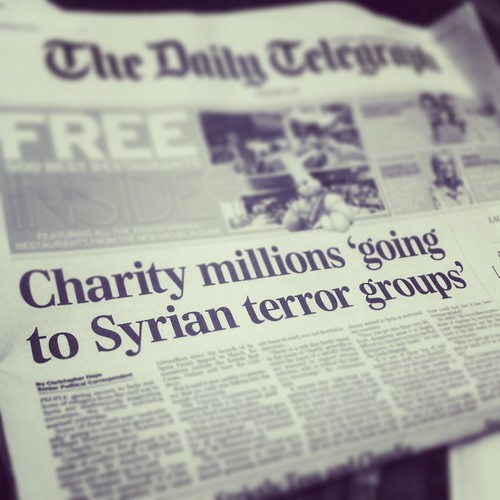
How can policymakers and conflict mediation practitioners effectively engage with religion? Indeed, how can practitioners mainstream such engagement with religious actors and organizations? And, what do we even mean when we ask these questions? These were just some of the questions posed at Religion, Foreign Policy and Development: Making Better Policy to Make a Bigger Difference a recent conference held at the UK Foreign Office’s Wilton Park that brought together policymakers, academics and practitioners for two days of wide-ranging and intense discussions.
Opportunities to engage with fellow practitioners are undoubtedly important for a number of reasons. Like gender and other cross-cutting themes, religion also runs the risk of being compartmentalized by experts and given little systematic consideration by colleagues in the same institution working on other topics. This is a challenge that those of us working in the field of mediation and conflict transformation also face: how do we make sure that religion’s role is adequately addressed by those who are working to resolve and transform conflicts?



